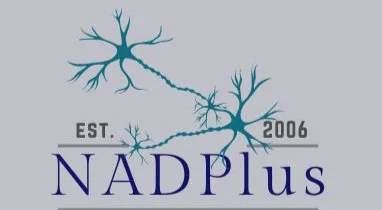NAD+ Supplementation: A Promising Ally Against Chronic Pain and Stress
NAD+ Supplementation: A Promising Ally Against Chronic Pain and Stress
Nicotinamide adenine dinucleotide (NAD+) is a vital coenzyme found in every living cell, playing a critical role in energy metabolism and cellular repair. Recently, NAD+ supplementation has gained attention not only for its anti-aging potential but also for its ability to reduce chronic pain and stress, which are two debilitating conditions that often coexist and negatively affect quality of life.
Chronic pain is linked to mitochondrial dysfunction and inflammation; two processes in which NAD+ plays a regulatory role. Studies show that boosting NAD+ levels can enhance mitochondrial function and reduce oxidative stress, both of which are implicated in neuropathic and inflammatory pain pathways. A 2020 study published in Cell Reports found that increasing NAD+ levels in mice reduced pain behaviors by modulating the activity of sirtuins, a family of proteins dependent on NAD+ that are involved in mitochondrial health and inflammation control (Singh et al., 2020).
Stress, both physical and psychological, depletes NAD+ stores over time. Lower NAD+ levels impair the body's ability to repair DNA and regulate cortisol, the primary stress hormone. Supplementation has been found to mitigate the harmful effects of stress by supporting the function of the hypothalamic-pituitary-adrenal (HPA) axis. According to a 2019 review in Frontiers in Neuroscience, NAD+ precursors such as nicotinamide riboside can improve neuroplasticity and resilience to stress by enhancing brain energy metabolism (Verdin, 2019).
NAD+ supplementation offers a compelling, science-backed strategy to alleviate chronic pain and stress. By restoring cellular energy and reducing inflammation, it supports both physical and mental resilience, making it a valuable addition to holistic wellness approaches.
References:
Singh, H., et al. (2020). "NAD+ metabolism modulates pain via sirtuin pathways." Cell Reports.
Verdin, E. (2019). "NAD⁺ in aging, metabolism, and neurodegeneration." Frontiers in Neuroscience.

